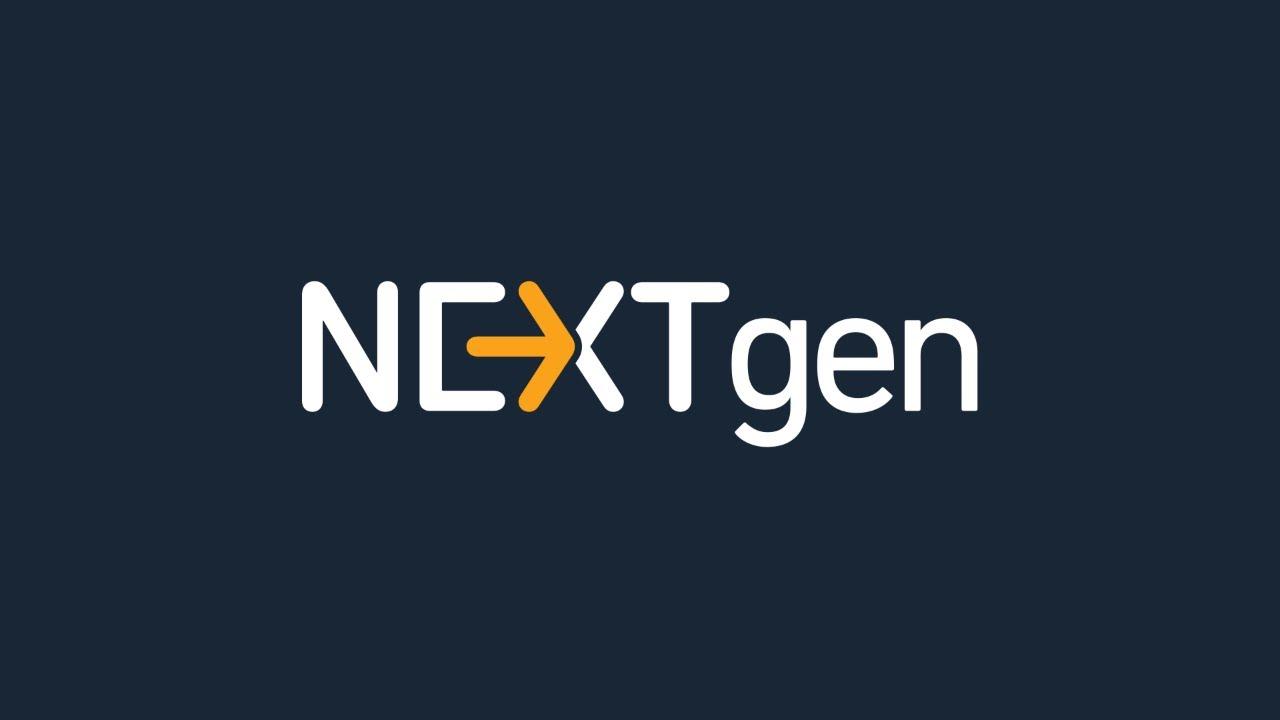In 2025, the global economy is undergoing a profound transformation driven by artificial intelligence (AI), automation, and digital integration. Across industries, from manufacturing to finance, and logistics to healthcare, businesses are not only adopting emerging technologies—they are reimagining how work is defined, distributed, and delivered.
The Rise of the Intelligent Enterprise
Leading firms are embracing AI as more than just a productivity tool. According to a recent report by the World Economic Forum, over 70% of large companies now integrate AI in at least one core business process, with a growing number using generative AI for content creation, customer service, and software development.
“AI isn’t just changing tasks; it’s redefining value creation,” says Dr. Lena Hoffmann, a digital strategist based in Berlin. “We’re entering the era of the intelligent enterprise, where agility, data fluency, and ethical tech usage define competitiveness.”
Startups and NextGen businesses, in particular, are leading this charge. With fewer legacy systems and a culture of rapid experimentation, these companies are using AI to unlock new revenue streams, hyper-personalize customer experiences, and streamline operations.
Workforce Shifts: Challenge and Opportunity
While technological advancement brings efficiency, it also raises concerns about job displacement. A McKinsey Global Institute study suggests that by 2030, up to 375 million workers globally may need to switch occupations due to automation.
However, the same report underscores a silver lining: the creation of new job categories and the rapid rise of "hybrid roles" that blend digital fluency with human-centric skills like critical thinking, emotional intelligence, and ethical judgment.
“Tech alone doesn’t build the future—people do,” notes Martina Keller, head of HR at a Frankfurt-based fintech firm. “We’re investing heavily in retraining and cross-functional teams because talent adaptability is our greatest asset.”
Regulatory and Ethical Considerations
Governments and institutions are responding with updated frameworks to ensure ethical AI use, data protection, and fair labor practices. In the EU, the Artificial Intelligence Act—set to be fully enforced by 2026—aims to provide clarity for developers while protecting citizens’ rights.
Meanwhile, ESG (Environmental, Social, Governance) criteria are increasingly influencing investment decisions, pressuring companies to align tech innovation with transparency and social responsibility.
The Next Frontier
As quantum computing, decentralized finance (DeFi), and digital twins begin to mature, experts predict another wave of disruption—and opportunity. Businesses that anticipate change and embed resilience into their strategies will likely define the next generation of market leaders.
In this new paradigm, success will hinge not only on technological capability but on a company’s ability to lead with purpose, foster innovation, and build inclusive ecosystems.
Conclusion
As AI and automation continue to reshape business, the central question is no longer whether change will happen, but how leaders will manage it. The choices made today—about technology, talent, and trust—will determine who thrives in the economy of tomorrow.
Aktuelle Nachrichten delivers up-to-the-minute coverage of national and international events, with a strong focus on politics, business, technology, and society. Our mission is to provide fact-based, reliable journalism that informs, engages, and empowers our readers. Whether it's breaking news, economic insights, or global developments, we bring clarity to complexity with a commitment to accuracy and integrity.



